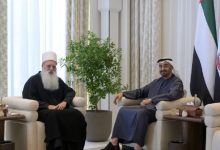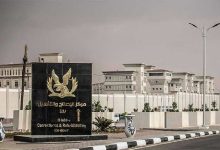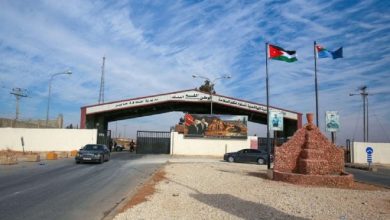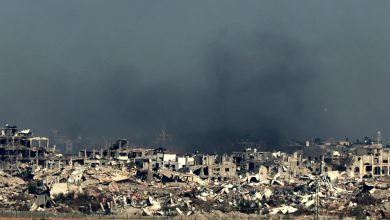Gulf States’ Strategic Investments in Egypt: Unraveling the Economic Chessboard
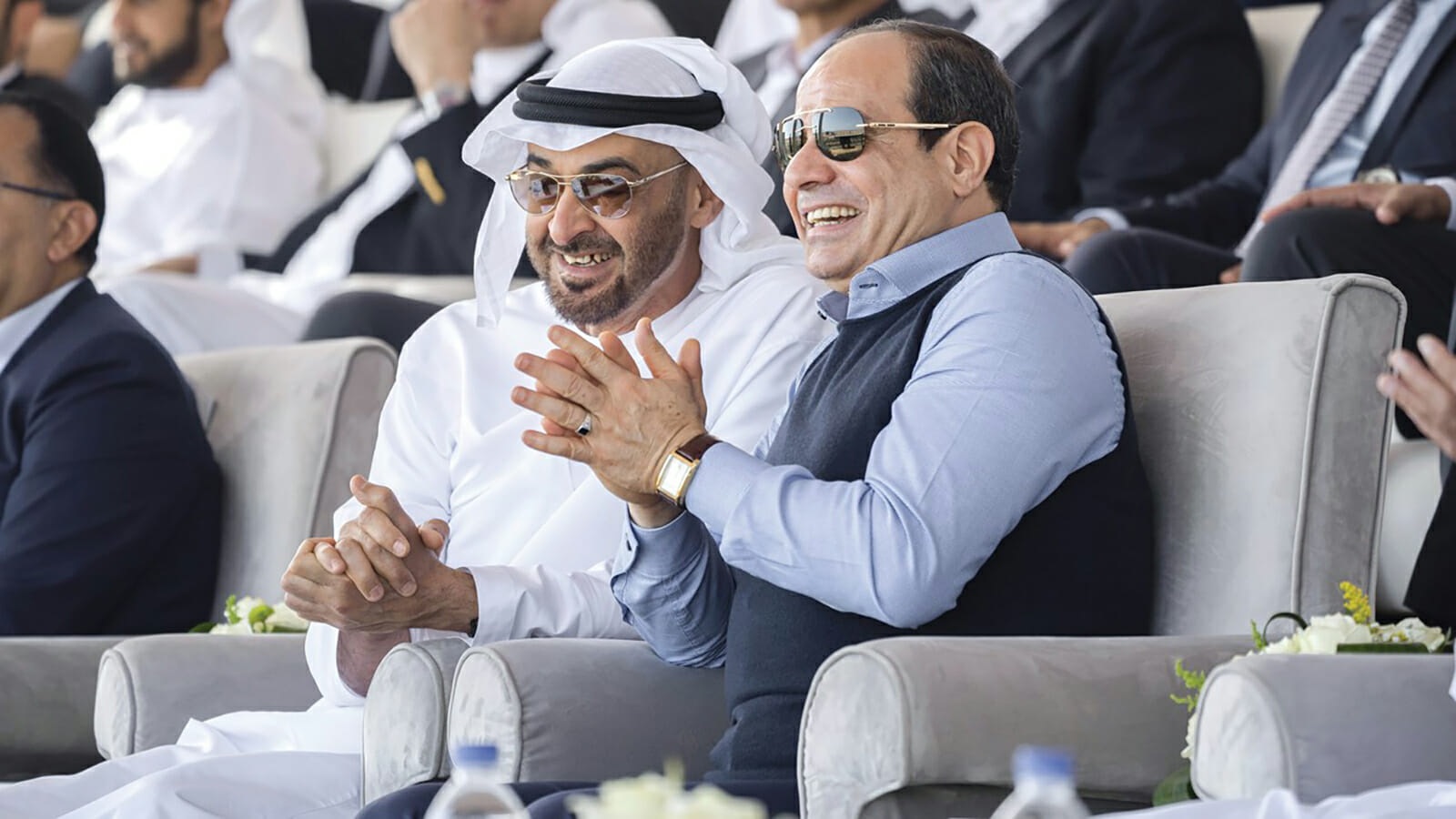
Watan-The agency “Bloomberg” addressed in its report the deals Gulf states are making with Egypt to purchase assets and invest in the real estate sector, especially the UAE and the “Ras El Hekma” deal, indicating Abu Dhabi’s hidden objectives regarding these deals. These objectives include maintaining the Sisi regime and rescuing it from the economic crisis, fearing the return of protests and “political Islam,” which indirectly threatens the UAE regime with the spread of protest contagion.
The report mentioned that a series of residential towers overlooking the northern coast has caught the attention of Gulf investors.
Among the interested parties is Emirati billionaire Mohamed Alabbar, the founder of Emaar Properties, according to three informed sources.
One of them said that the proposed sale of a small number of government-owned towers could yield up to $2 billion for Egypt.
He continued that in an attempt to emerge from its worst economic crisis in decades, Egypt is offering its valuable assets for sale, and rising powers in the Gulf are taking out their checkbooks. Over the past nine months, high-level visitors from Saudi Arabia, Qatar, and the UAE have been seen in Egypt exploring deals and investment opportunities, considered the most important during the current century.
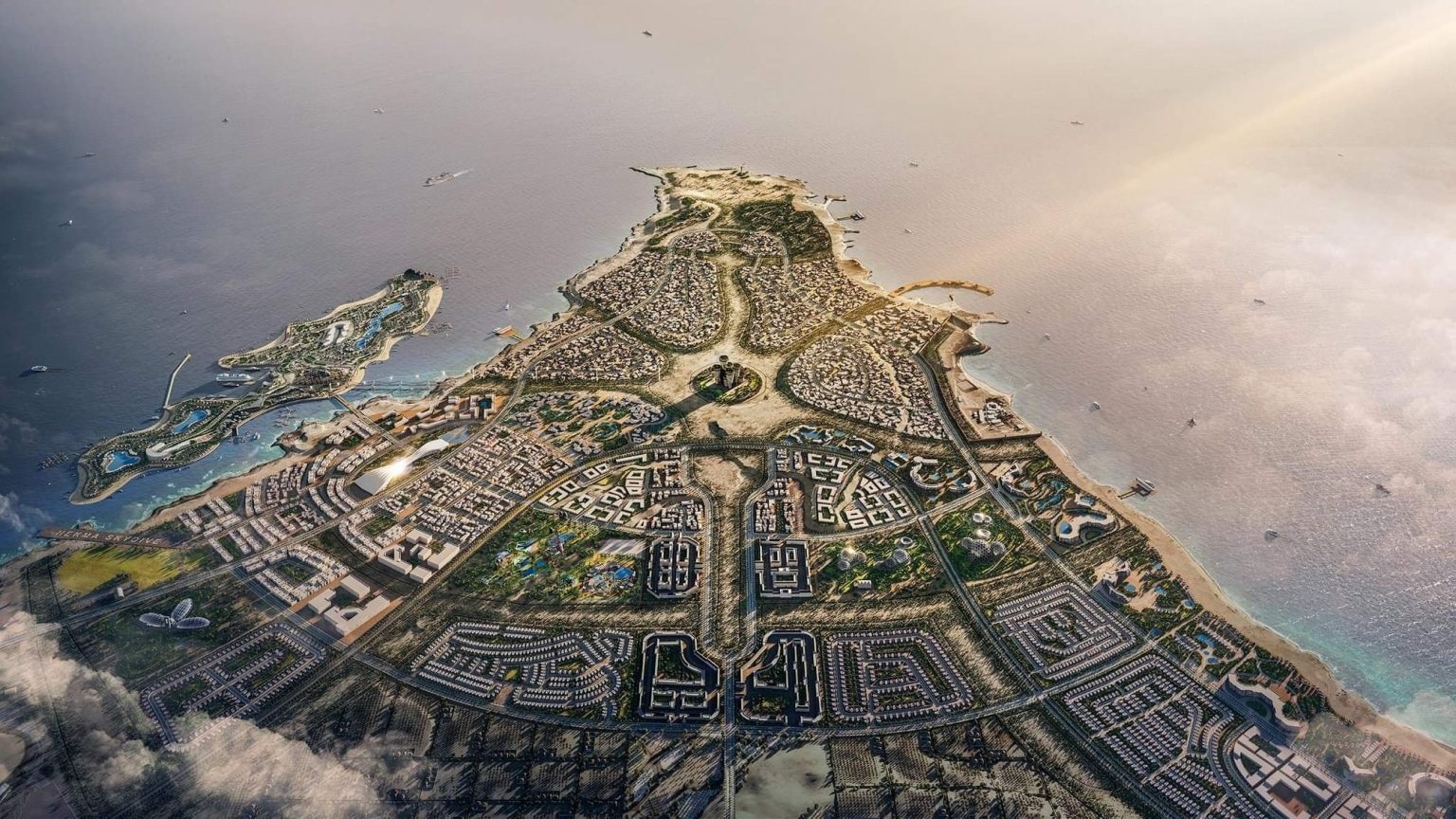
“Bloomberg” clarified that in January, the Abu Dhabi Wealth Fund (ADQ) bought a 40.5% stake, valued at $882.5 million, in an Egyptian company that bought shares from the government, which is facing financial constraints, in seven historic hotels considered the “crown jewels” of Egypt’s hospitality sector. Thus, the UAE indirectly became a partial owner of a significant portion of Egypt’s tourism heritage.
The agency noted that the Ras El Hekma project in Egypt, announced by the Abu Dhabi fund on February 23, with investments totaling $35 billion on an area about three times the size of Manhattan in New York.
The UAE’s goal behind saving the Sisi regime
And the deal described by the agency as the “largest in Egypt’s history” played a role in rescuing the economy, as it provided Egypt with enough strength to activate currency devaluation, which is seen as key to restoring investor confidence and attracting more funds.
This was followed by an $8 billion loan from the International Monetary Fund and financing from the World Bank and the European Union.
According to the agency, the UAE‘s constant goal was to support Egypt’s economy, seen as too big to fail, and to avoid the fear of repeating the repercussions of the Arab Spring revolutions and the return of collective unrest and empowering political Islam, threatening existing regimes, according to statements from those involved in the decision to “Bloomberg.”
This is the same Emirati scenario that repeated itself after the coup against Morsi and the Brotherhood in Egypt in 2013 by Abdel Fattah El-Sisi, who was then the army chief and is now the president, where Abu Dhabi poured billions to support his coup and consolidate his rule.
The UAE’s insistence on preventing the collapse of the Sisi regime is evidenced by the fact that the new Ras El Hekma deal represents another arrangement in terms of size. With this deal, the UAE is injecting funds equivalent to 7% of the country’s GDP.
Saudi Arabia and Qatar on the investment line in Egypt
The agency explained that after the Emirati Ras El Hekma deal, Saudi Arabia is once again considering its own plan to develop a distinguished area on the seaside near Sharm El Sheikh in the Egyptian Sinai Peninsula, as reported by “Bloomberg” in March.
On the other hand, the Qatari sovereign wealth fund has held talks to acquire the Egyptian government’s stake in Vodafone Egypt Communications Company, a valuable asset in a country that is home to the largest population in the Middle East, with about 105 million people.
The agency quoted an economic expert as saying that tourism is a clear axis for investment, given Egypt’s vast cultural heritage. The government has announced plans to increase the number of visitors to 30 million annually by the end of the decade, up from the record 14.9 million last year.
The agency pointed out that “national petroleum stations,” located along the main road of the northern coast and Ras El Hekma, are partially up for sale, which could be a turning point as it is the first privatization of a company owned by the Egyptian army.

“Bloomberg” mentioned that at various stages, Saudi Aramco and the Abu Dhabi National Oil Company have shown interest in this asset, which could expand their fuel distribution empires.
It is worth noting that just weeks after Russia’s invasion of Ukraine in 2022, Gulf states pledged massive financial support to Egypt due to the war that placed its debt-burdened economy in a prolonged crisis. To avoid disaster, the wealthy Gulf states deposited billions of dollars in the Egyptian central bank.
ADQ also acquired $2 billion in shares in Egypt’s largest lending, fertilizer, and logistics companies listed; the Saudi sovereign wealth fund invested $1.3 billion in some of the same companies.
Recently, new Gulf policies have emerged regarding free support for the Sisi regime according to the report: the days of billions without return are over. Riyadh and Abu Dhabi will need to account for all they have poured. Egypt’s broader plan focuses on unloading a swath of government-owned assets, a legacy of the state’s comprehensive long-term role in economic life.

